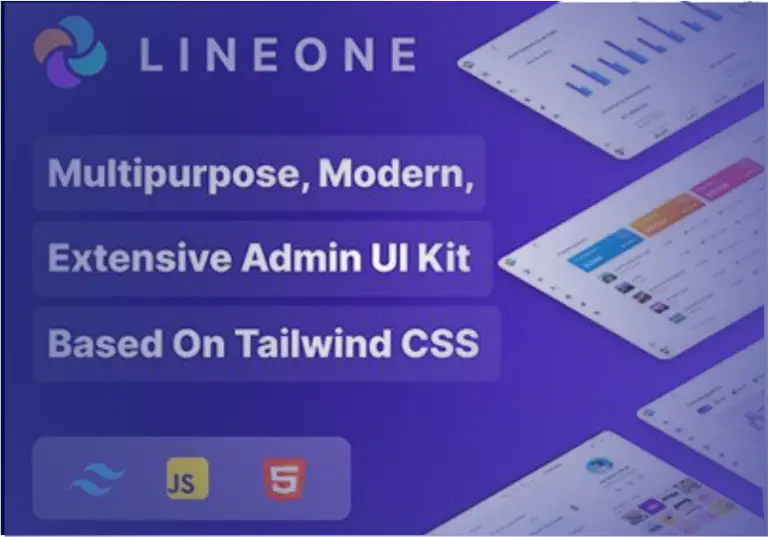Importance Of Income Protection Insurance In The US
In a period when financial security is vital, income protection insurance has emerged as a key safety for many people and families across the United States. This insurance coverage, which is meant to offer a consistent income stream in the case of illness or disability that stops you from working, can be a financial lifeline. This article discusses the relevance of income protection insurance in the United States, including its advantages, various varieties, and why it is a crucial component of a solid financial strategy.
What is Income Protection Insurance ?
Income Protection Insurance is a form of insurance policy that pays a consistent income if you are unable to work due to illness or accident. Unlike other forms of insurance that provide a lump sum payment, income protection insurance provides a consistent source of income, often a percentage of your normal wage, for a certain length of time. This coverage helps people retain financial security while they are unable to work due to health difficulties.
Income Protection Insurance is a crucial component of a comprehensive financial plan, providing cash protection in the event of illness or accident. By providing a consistent income stream during periods when you are unable to work, you and your family may preserve financial security while focusing on recuperation.
Importance Of Income Protection Insurance
Income Protection Insurance is a form of policy that pays regular benefits to policyholders who are unable to work due to illness or accident. Unlike other forms of insurance that pay a lump amount, this insurance is designed to replace a percentage of the policyholder’s income, often 50% to 70%, for a certain length of time or until the policyholder is able to return to work.

Direct Financial Consequences
Financial repercussions can be dire and rapid when a sickness or accident prevents an individual from earning a living. Regardless of health, one still has to pay for regular expenses like groceries and transportation, as well as monthly bills, rent or mortgage payments, and utility charges. For a great deal of Americans who are living paycheck to paycheck, losing their job can swiftly result in mounting debt and unstable finances.
Long-term financial consequences can go beyond the short-term effects and include lowering retirement and savings accounts, as well as negatively impacting credit scores. People who don’t have a reliable source of income could have to borrow money, sell assets, or skip out on necessary expenses, which could put them in severe financial strain.
Ensuring Financial Stability
When a person is unable to work, income protection insurance helps make sure that financial commitments are fulfilled. People are able to concentrate on their rehabilitation without having to worry about money because to this financial stability. It makes it possible to maintain a standard of living and pay for necessities by making up a sizable amount of the lost revenue.
Supporting Mental and Physical Health Recovery
Stress related to money can seriously impede the healing process after an illness or accident. Income protection insurance can help create a more comfortable rehabilitation atmosphere by offering peace of mind. Recovering more quickly and effectively may result from focusing on one’s health and well-being rather than just paying expenses and taking care of family necessities.
Short-term Disability Insurance
A percentage of income is normally covered by short-term disability insurance for a little time, generally up to six months. For transient illnesses or injuries that do not cause long-term incapacity, this kind of insurance is perfect. It is appropriate for illnesses needing quick recovery periods since it frequently has a shorter waiting period before benefits start.

Long-term Disability Insurance
The purpose of long-term disability insurance is to cover more serious illnesses that might keep a person from working for a protracted amount of time, usually until retirement. This insurance is essential for maintaining long-term financial security since it can cover illnesses that cause permanent incapacity. Its emphasis on more serious health concerns is reflected in the lengthier waiting period before benefits start.
Coverage Amount
The coverage quantity is a crucial factor to take into account while choosing income protection insurance. Usually, policies pay out between 50% and 70% of income prior to incapacity. To guarantee sufficient financial assistance during a disability, it will be helpful to assess your financial commitments and demands in order to select the right amount of coverage.
Waiting Period
The interval of time between the start of the disability and the start of benefits is known as the waiting period or elimination period. Higher premiums are associated with shorter waiting periods, therefore it’s important to strike a balance between affordability and the pressing need for money. Assessing your funds and other assets might assist in choosing the right amount of time to wait.
Benefit Period
The time frame during which rewards are disbursed is known as the benefit period. This may extend to the policyholder’s retirement age or only a few years. Although they have longer benefit durations and higher premiums, long-term insurance offer more security. The choice of benefit time can be influenced by evaluating financial obligations and the probability of long-term incapacity.
Employer-sponsored Disability Insurance
Disability insurance is a common benefit offered by firms to their staff. These insurance are frequently more affordable than individual policies and can be either long-term, short-term, or both. Employees should be aware of the details of their employer-sponsored plans and, if needed, look into additional individual insurance. Employer-sponsored plans may be a great advantage.
Supplemental Income Protection
Employer-sponsored plans can not always give enough coverage, even though they offer a solid base. Policies that provide supplemental income protection can fill the gap and guarantee that people have sufficient financial safeguards in place. These plans may be customized to fulfill certain requirements and offer more assurance.
Financial Hardship
People who do not have income protection insurance would be severely financially disadvantaged in the case of a handicap. Being unable to pay for necessities can result in debt, asset loss, and extreme financial instability. The impact of this adversity on a person’s financial stability and general well-being may be long-lasting.
Impact on Family and Dependents
Disability affects not just the individual but also their family and dependents financially. The whole family may find it difficult to satisfy necessities without a consistent source of income, which might result in emotional strain and a lower level of living. Income protection insurance ensures that loved ones’ requirements are covered even during challenging times by protecting their financial stability.

The Self-employed Consultant
Think about a self-employed consultant whose only source of revenue is their capacity to work. They become unwell unexpectedly and are out of work for several months. If they don’t have income protection insurance, they risk running out of funds and getting into debt. When a policy is in place, individuals get regular payments that take care of their basic needs, freeing them up to concentrate on their recuperation without worrying about money.
Assessing Personal Needs
It’s critical to evaluate one’s own financial commitments and demands before acquiring an insurance coverage. Take into account elements like regular spending, current savings, and any outside assistance. This evaluation will assist in determining the proper duration of benefits, waiting period, and coverage amount. It is crucial to compare insurance offered by various providers after having a thorough grasp of one’s own demands. Seek out respectable insurers with a solid track record of financial stability and stellar client feedback. Finding an insurance that provides the best value and protection may be aided by comparing policy features, exclusions, and prices.
Consulting with Financial Advisors
Financial advisers can offer knowledgeable advice when choosing an income protection plan. They may assist in navigating the intricacies of insurance products and making sure that the selected policy offers sufficient protection and is in line with your objectives. Making decisions with more confidence and peace of mind might come from speaking with an adviser.
Evolving Work Environments
Income protection insurance is becoming more and more necessary as the workplace continues to change and more individuals take up freelancing and gig economy jobs. For these workers, standard employer-sponsored plans would not be enough, which emphasizes the need for customized insurance made to fit non-traditional work arrangements.
Insurance companies are finding it simpler to provide individualized and adaptable income protection plans because to technological developments. Digital systems facilitate faster claims processing, better customer service, and more effective policy administration. These developments should increase the use and accessibility of income protection insurance.
Conclusion
In order to maintain financial stability in the US, income protection insurance is essential. It offers a crucial safety net, guaranteeing that people and their families may continue to live as they would in the event of a sickness or accident. People may safeguard their financial future and concentrate on their health and well-being by comprehending the many policy kinds, evaluating their own demands, and making educated judgments. The significance of income protection insurance will only increase with the advancement of work settings and technological capabilities, highlighting its position in holistic financial planning.
































